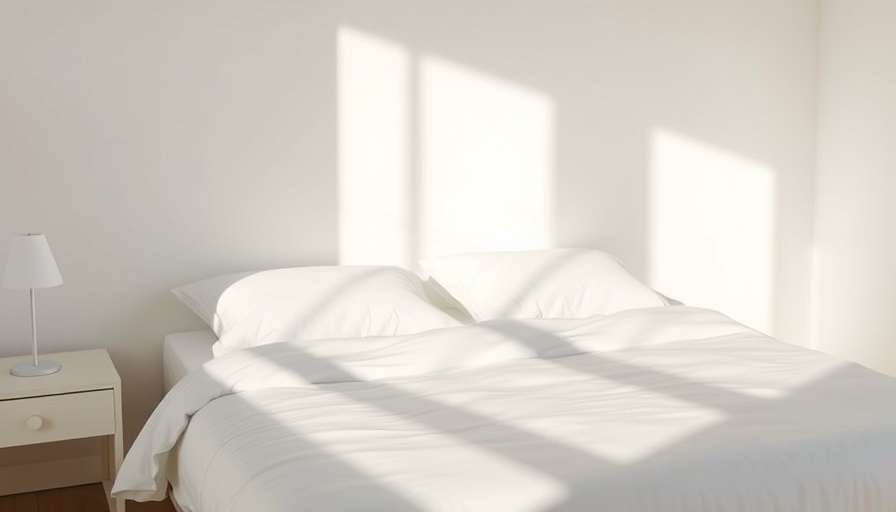
Understanding the Connection Between Depression and Sleep
Sleep and mental health are intricately linked, especially when it comes to depression. Individuals dealing with depression often experience sleep disturbances, whether they struggle to fall asleep, wake up frequently, or have trouble remaining asleep. Recognizing this connection is vital for finding effective strategies to improve sleep quality.
In '6 Tips for Better Sleep if You Have Depression', the discussion dives into practical strategies for improving sleep quality while dealing with mental health challenges, prompting us to explore these insights further.
Tip 1: Create a Relaxing Bedtime Routine
Establishing a consistent bedtime routine can signal to your body that it's time to wind down. This could include calming activities such as reading a book, listening to soft music, or practicing mindfulness exercises. Engage in these activities regularly to foster a sense of calm before sleep.
Tip 2: Optimize Your Sleep Environment
Transform your sleeping space into a sanctuary. Make sure your bedroom is dark, quiet, and cool, utilizing blackout curtains, white noise machines, or fans as necessary. A comfortable mattress and pillows also play a crucial role in promoting restful sleep.
Tip 3: Limit Exposure to Screens Before Bedtime
The blue light emitted by smartphones and other devices can interfere with your body's natural circadian rhythm. Limiting screen time at least an hour before bed can help your body prepare for sleep more effectively.
Tip 4: Manage Stress Through Journaling
Writing down your thoughts or concerns before bed can help clear your mind. Journaling can be an effective way to process emotions and reduce anxiety, making it easier to relax and sleep soundly.
Tip 5: Consider Dietary Choices
Your diet can impact your sleep quality. Consuming a balanced diet rich in fruits, vegetables, and whole grains may enhance your overall sleep experience. Additionally, being mindful of caffeine and sugar intake—especially in the afternoon and evening—can make a significant difference.
Tip 6: Seek Professional Support
If sleep issues persist, consider consulting a healthcare professional. They can offer tailored advice, potential sleep studies, or therapies designed to address both sleep and depression.
These strategies can make a noticeable difference in your sleep quality while navigating the challenges of depression. By implementing these tips, you can work towards a more restful night and a better day ahead.
 Add Row
Add Row  Add
Add 




Write A Comment